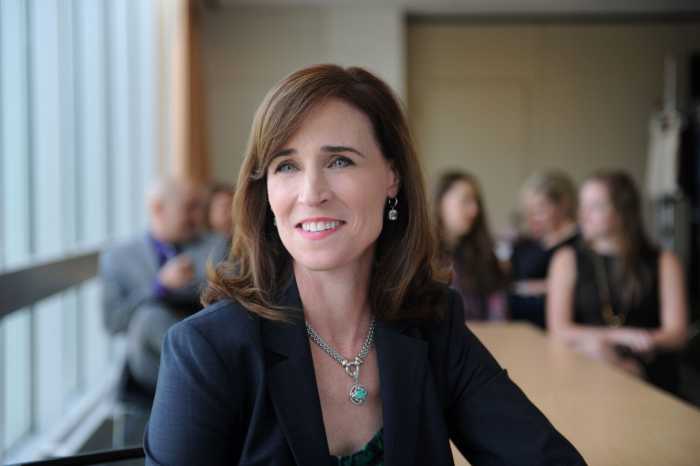Christine M. Riordan, Ph.D., is the 10th president of Adelphi University and the first woman to hold the role in the institution’s 127-year history. Dr. Riordan is an established expert in leadership, team building, career success, and diversity, equity and inclusion, and a respected board member in the corporate and nonprofit sectors. She spearheaded two dynamic strategic plans that elevated Adelphi as an award-winning national university known for innovation, diversity and student success.
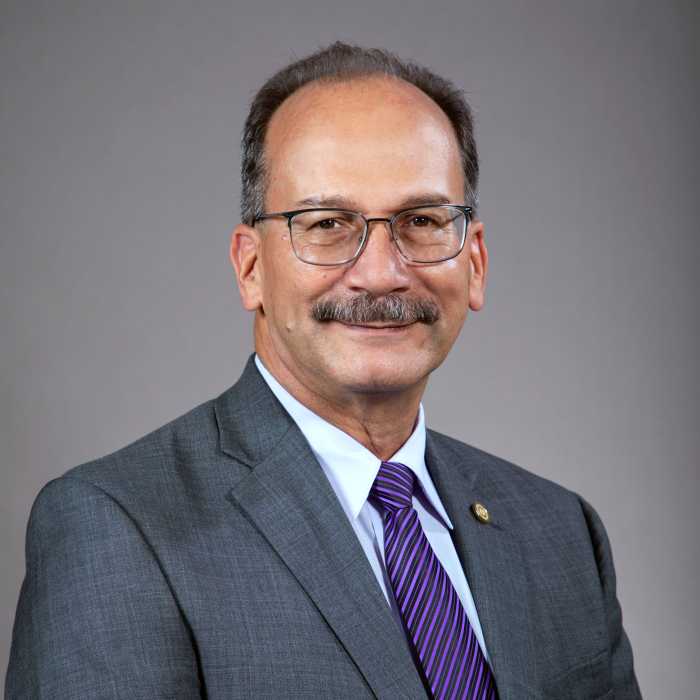
Havidán Rodríguez
President, University at Albany, SUNY

Dr. Havidán Rodríguez is the president of the University at Albany, one of the nation’s most diverse research universities. The first Hispanic/Latino president of a SUNY four-year institution, he took office in September 2017. Under Dr. Rodríguez’s leadership, UAlbany has opened a state-of-the-art teaching and research facility, won $75 million in state support for the UAlbany-led Albany AI Supercomputing Initiative, and became the first R1 institution in the northeast to earn the Seal of Excelencia.
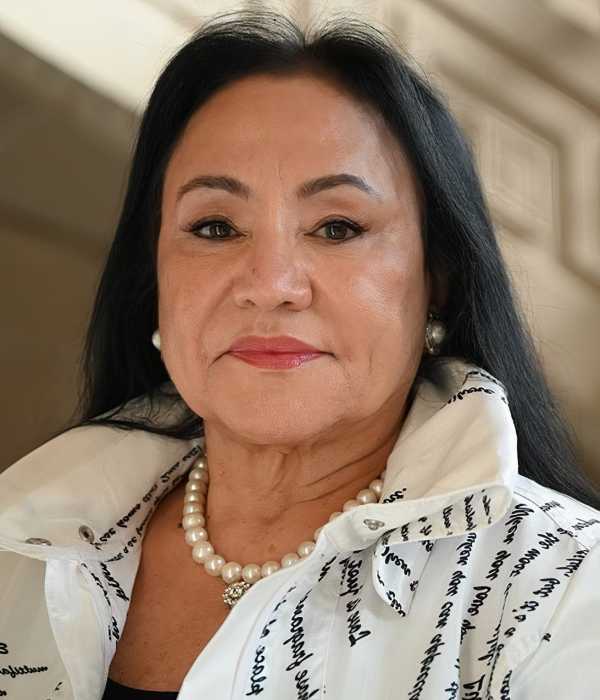
Betty A. Rosa
Commissioner of Education and President of the University of the State of New York, New York State Education Department

Dr. Rosa became the first Latina woman to serve as commissioner starting in February 2021, having previously served as the chancellor and member of the Board of Regents. She is a nationally recognized education leader with more than 30 years of instructional and administrative experience. Dr. Rosa earned an Ed. M. and Ed. D. in administration, planning and social policy from Harvard University. She also holds two master of science in education degrees, one in administration and supervision and the other in bilingual education from the City College of New York and Lehman College, respectively, and a B.A. in psychology from the City College of New York.
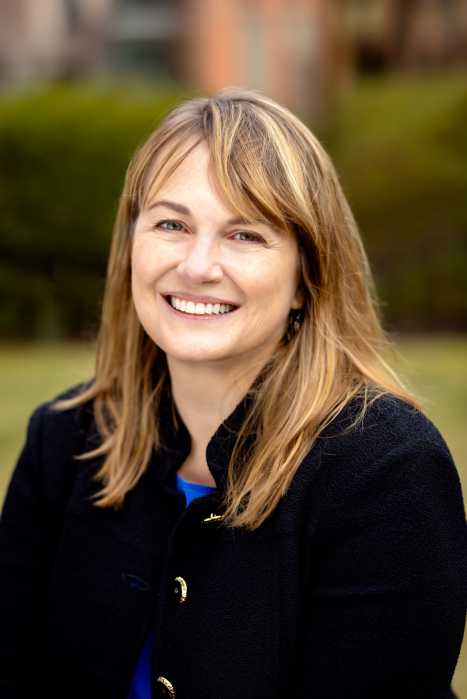
Laura Rosenbury
President, Barnard College

Laura Rosenbury, who recently became the 9th president of Barnard College at Columbia University, is a leading feminist legal theorist. Before joining Barnard on June 12, 2023, she spent eight years raising the national and international profile of Florida’s flagship law school, UF Law, as its first woman dean. She earned her undergraduate degree and her law degree at Harvard, where she served as a primary editor of the Harvard Law Review.
What inspired you to pursue a career in education?
Growing up in rural Indiana, college was transformative: It was how I discovered my desire to advocate for the rights of women and families. While working as an attorney in this area, I started teaching a night class on Feminist Legal Theory at Fordham Law. I then realized I could continue my advocacy for women and families in teaching and inspiring others to do the same, and that’s where my education career began.
What aspects of education do you believe need more support from policymakers?
Policymakers should focus on the bipartisan issue of improving access to college, working across the aisle to maximize available funding and resources. College is where students test out ideas, expand their minds, and learn to see the world through different lenses. Leveling the playing field would give all young people the opportunity to enter exciting careers, address the world’s most pressing challenges, and become the best versions of themselves.
What do you think the future of New York’s education system looks like?
Having spent the last several years focused on Florida, I’m still forming an opinion about what the future holds for New York’s education system. I am, however, determined to do my part to ensure students are set up for success.

Henry Rubio
President, The Council of School Supervisors and Administrators

Henry Rubio is the president of the Council of School Supervisors and Administrators, having served as CSA’s executive VP and first VP. Born and raised in NYC, he earned his graduate degree from Queens College and began his career as a bilingual social studies teacher. After serving as an assistant principal, he became principal of A. Philip Randolph Campus High School. He also serves as the president of NYSFSA and a VP for AFSA.
What inspired you to pursue a career in education?
I first entered the field with a business background and an economics degree from Fordham University because I wanted to make an impact on the youth of my Queens community as a bilingual teacher. I earned my administrative certification after I quickly recognized that I could have even more impact as a school leader. Our city is home to the nation’s best educators, and my entire career has been dedicated to supporting and empowering them.
What aspects of education do you believe need more support from policymakers?
For decades, our union has educated policymakers on the impossible budgeting decisions that principals face, and we must continue to fight for financial resources to keep all students safe and provide the holistic, high-quality instruction they deserve. School supervisors have risen to the peak of their profession and were hand-picked to lead their schools; policymakers must recognize how a lack of adequate resources and autonomy can impact our ability to retain and recruit potential leaders.
What do you think the future of New York’s education system looks like?
Our system’s future is as bright as ever. Although there are complex challenges every year, our school leaders always rise to the occasion as they guide their communities through the ever-evolving landscape of public education. We continue to combat the pandemic’s impacts, and technological advancements will inevitably disrupt our field; but our city’s greatest strength is the ability to adapt, and we must further explore what skills will be necessary for the jobs of tomorrow.
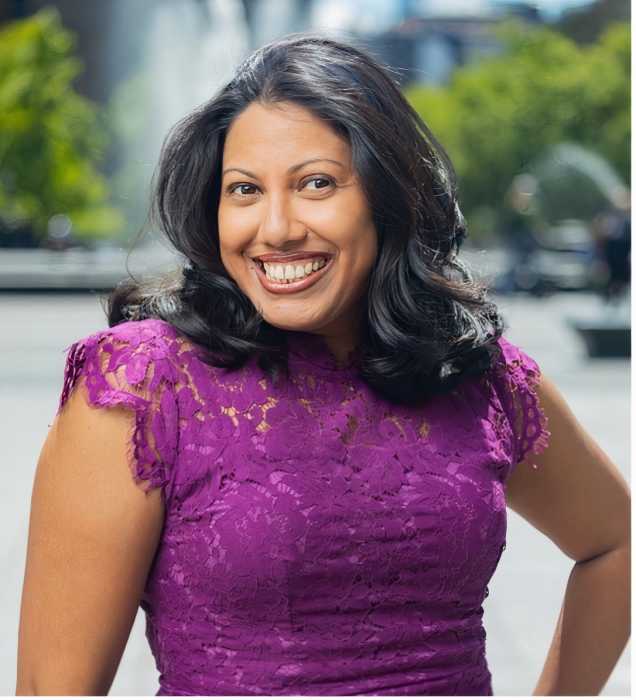
Anju J. Rupchandani
Executive Director, Zone 126

Dr. Anju J. Rupchandani is the executive director of Zone 126, where she spearheads a cradle-to-college-to-career initiative focused on youth and families living in public housing in the district she graduated from. Dr. Rupchandani began her career in youth development in 2000. She earned a dual B.A. from PACE University, a master’s from Bank Street College of Education, and a doctorate degree from New York University-Steinhardt School of Culture, Education and Human Development.
What inspired you to pursue a career in education?
Two reasons inspired me to pursue a career in education. First being that my great grandmother sold fruits and vegetables on the islands at a college. She was well respected, but she could not read or write. However, she was an entrepreneur. The second reason is my 4th grade teacher, who told me I would not make anything of myself. I am not the type of woman you bet against. I BELIEVE when others do not.
What aspects of education do you believe need more support from policymakers?
Policymakers need to have more of a focus on providing access to adolescent after school programming where students can learn and earn as a large majority of them need to contribute to their individual households. If a young person is not going to follow the college pathway directly after graduating high school, then we need to ensure that they have skills that will allow them to immediately work and earn a livable wage.
What do you think the future of New York’s education system looks like?
The future of New York’s education system needs to be reimagined, and this can be done through deeper collaboration with community based organizations. For years, CBO’s have approached educating and supporting young people through creative hands-on approaches that allow them to connect with young people because of the shared lived experiences. It’s time for New York’s education system to look to CBO’s as collaborative assets in the work to support young people.
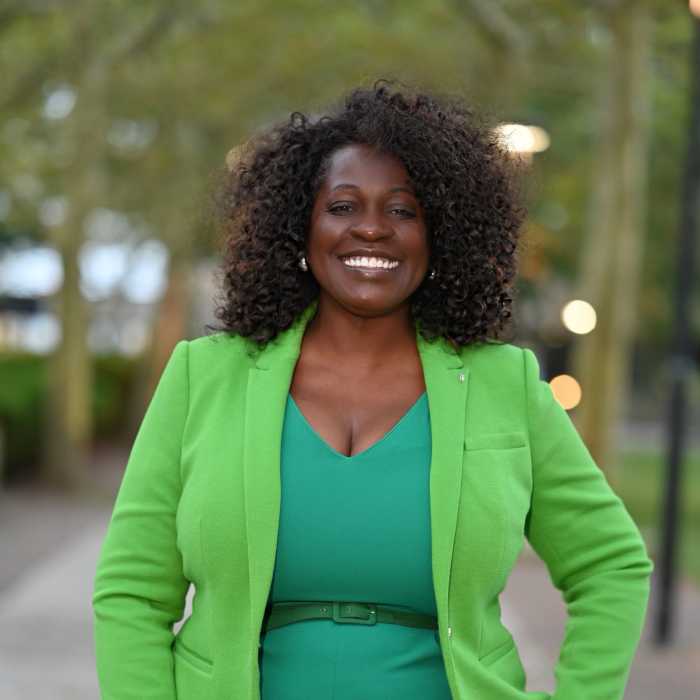
Claudia Schrader
President, Kingsborough Community College, CUNY

Dr. Claudia V. Schrader, M.A., Ed.M., Ed.D., took the helm as president of Kingsborough Community College in September 2018. She is the college’s 7th president and holds the distinction of being the first African American president in the college’s history. Prior to Kingsborough, she served as provost and senior vice president at Bronx Community College, associate provost at William Paterson University, and associate provost at Medgar Evers College.
What inspired you to pursue a career in education?
I wanted to follow in my mother’s footsteps as a teacher, but I had a talent for writing so I majored in journalism. I switched to Africana Studies because of the negative experiences I had being the only Black student in my journalism class. In my new major, I wrote a paper about the high percentage of students with special needs who were incarcerated. I pursued a master’s in special education to make a difference.
What aspects of education do you believe need more support from policymakers?
CUNY graduates lift New York higher. Policymakers should ensure that higher education is affordable and that there are supplementary resources (like discounted metro cards), that will help to support students as they work to earn their degrees; subsequently acquire jobs where they can earn a living wage, and become active citizens that contribute to their communities and the broader city. There also needs to be partnerships with city agencies that provide students with career experiences.
What do you think the future of New York’s education system looks like?
The future looks bright if we continue to think and act in innovative ways to partner in addressing the issues that we have long struggled with and new issues we are presented with. The pandemic taught us that anything is possible, and that partnerships are invaluable.
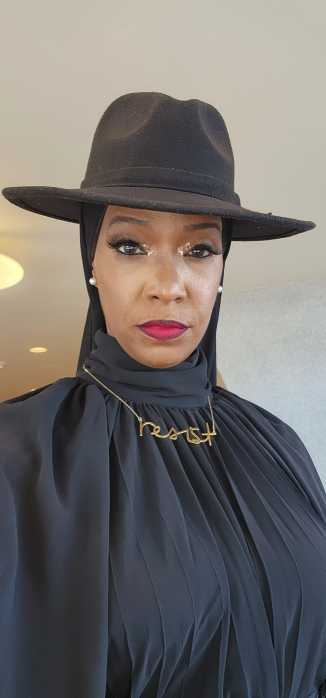
Zakiyah Shaakir-Ansari
Advocacy Director, Alliance for Quality Education

Zakiyah Shaakir-Ansari is the advocacy director of the New York State Alliance for Quality Education, the leading statewide organization that has been fighting for educational justice in New York State for over two decades. Zakiyah is the mother of eight children and grandmother of four. She has dedicated 23 years of her life to the fight for educational justice and ending the oppression of Black and brown people. Zakiyah is an Atlantic senior fellow for racial equity.
What inspired you to pursue a career in education?
As a mom of 8 children it chose me. I was always volunteering at my children’s schools. I joined the PTA’s and volunteered on class trips. Being involved allowed me to see the inequities in their public schools while simultaneously learning how to organize which gave me the tools to fight for equity. It was fueled by wanting change for my children and inspired by the positive impact of that change for all children.
What aspects of education do you believe need more support from policymakers?
We need policymakers to want to transform education in our public schools not maintain what was started 100 years ago, it wasn’t created for everyone to succeed. Greater need requires greater investment. Students know what they need, but adults don’t truly listen. Students deserve more than the rhetoric from some policymakers about, “spending more money on education than ever before”. Invest in early education through higher education including thriving wages for the educators not incarceration.
What do you think the future of New York’s education system looks like?
What that looks like depends on our ability to understand that we can’t cut corners on public education. We need New Yorkers, elected officials, community, families and media to champion public education unapologetically. It’s one of the last public goods we have left, which is why it’s under attack. Education for liberation. We can transform what happens in our public schools if we ask, listen and act on the solutions from students, educators and families.

Minouche Shafik
President, Columbia University

Minouche Shafik is the 20th president of Columbia University and professor of international and public affairs at the School of International and Public Affairs. From 2017 to 2023 she was president and vice chancellor of the London School of Economics and Political Science. Prior to that post, Shafik served as deputy governor of the Bank of England; deputy managing director of the International Monetary Fund; permanent secretary of the United Kingdom’s Department for International Development; and the youngest-ever vice president of the World Bank. Shafik received her B.A. from the University of Massachusetts Amherst, MSc from LSE, and DPhil from St Antony’s College, Oxford.
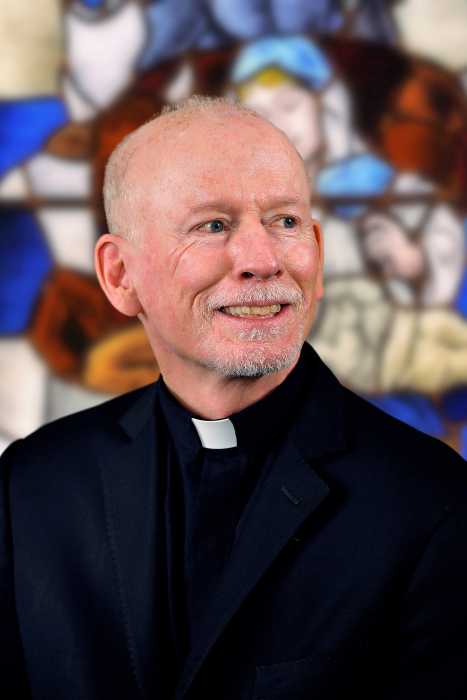
Rev. Brian J. Shanley
President, St. John’s University

Fr. Shanley was the longest-serving president at Providence College. He was named the 18th president of St. John’s and began his tenure on February 1, 2021. At St. John’s, he navigated the return to pre-COVID-19 business operations and formed a Strategic Planning Committee that created a five-year (2022–27) Strategic Plan. He is focused on increasing equity in education, citing the Vincentian principle of service to the poor, and is focused on expanding athletic facilities to enhance student engagement.



